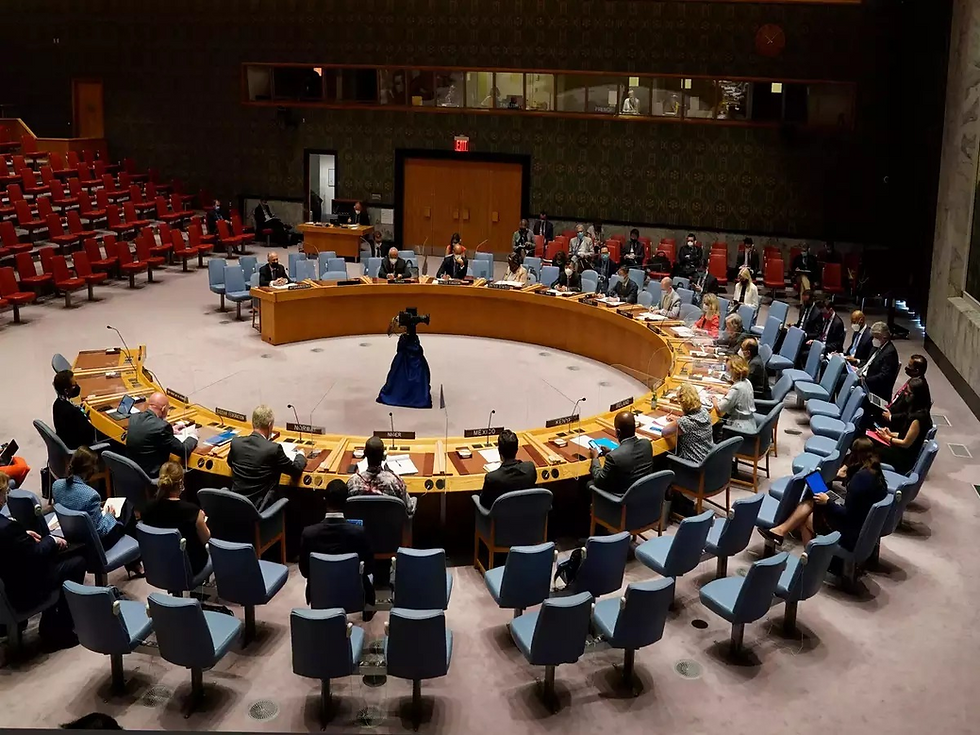The UN Security Council on Wednesday gathered behind closed doors for an emergency meeting about North Korea's latest ballistic missile test which member states consider a "major threat," the French ambassador said.
In the past, such meetings -- this one called by Estonia and France -- have often resulted in a joint statement by European members of the Security Council.
But France's ambassador to the UN, Nicolas de Riviere, said there was consensus among the group.
"We all condemned what happened, the tests," he said. "Everyone is very concerned about this situation," de Riviere told several journalists after the 45-minute meeting.
"This is a major threat to peace and security, it's a clear violation of the Council's resolutions," he added, saying that the missiles had fallen "within Japan's exclusive economic zone."
"Of course we need a political dialogue, a political solution, but the precondition is compliance (by) the DPRK with UN Security Council resolutions," de Riviere said, using an acronym for North Korea.
"It's a threat to the non-proliferation regime, it's a threat to the world, it's a threat to the neighbours of DPRK: South Korea, Japan," he said.
He added that no joint draft statement was expected to come from the Security Council.
"We fully understand the concerns in this region and we urge DPRK to compliance and resumption of talks."

In a statement from London, the British Foreign Office meanwhile condemned the test as a "clear violation" of Security Council resolutions and a "threat to regional peace and security," as the United States has also done.
"We urge North Korea to refrain from further provocations, and to return to dialogue with the US," the British statement said.
Earlier Wednesday, South Korea fired a submarine ballistic missile and North Korea again fired two ballistic missiles into the sea, in what seems to have become an arms race between two countries still technically at war.
South Korea is not subject to bans on launching ballistic missile tests, according to UN diplomatic sources.
That is in contrast to North Korea, which has faced a series of heavy economic sanctions, especially since 2017, as the international community seeks to limit the North's ballistic and nuclear weapons programs.
